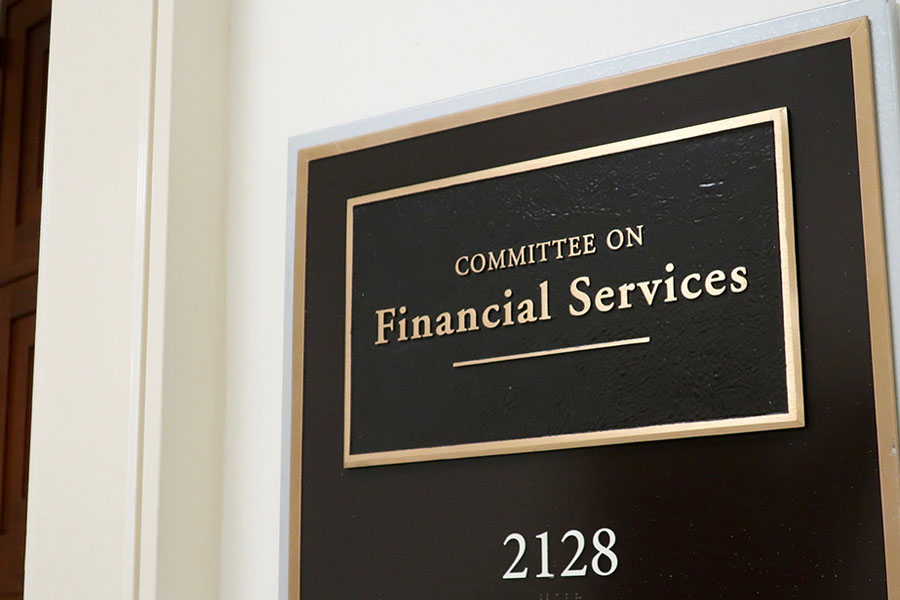More Americans would qualify as sophisticated investors who can participate in private markets under a package of bills that advanced in the House Wednesday.
The House Financial Services Committee approved with almost unanimous bipartisan support three bills that would loosen rules related to the definition of an accredited investor, those eligible to purchase unregistered securities, or private placements. Under current rules, a person must meet certain financial thresholds for income and net worth to be accredited.
The bills redefining the accredited investor designation are now headed to the House floor for a vote by the whole chamber. They were among 15 pieces of legislation the committee was considering Wednesday, most focused on regulations governing how emerging businesses raise capital and who can buy shares in them.
One of the accredited-investor bills would expand the definition to include people with certain licenses, qualifying education, or job experience as determined by the Securities and Exchange Commission. Another would require the SEC to review periodically the list of certifications, designations and credentials that would qualify someone as an accredited investor. The third would direct the SEC to develop an qualification examination for accredited investors.
The SEC can adjust the requirements for being an accredited investor on its own without congressional direction. It last did so in 2020, when it expanded the sophisticated investor pool to include people who have professional certifications — such as securities licenses — as well as those in other categories.
The Republican-majority committee wants the SEC to go further to allow more people to buy private placements. GOP lawmakers said doing so would create more investment opportunities for ordinary investors in the private markets, which are growing rapidly.
“This is about fairness,” Rep. French Hill, R-Ark. and the author of one of the bills, said during the committee deliberations.
Another GOP argument in favor of broadening participation in private markets was that it would increase the amount of capital going to small business startups. That is “essential for growth and prosperity” in the economy, said Rep. Ann Wagner, R-Mo.
Rep. Bill Huizenga, R-Mich., warned that the SEC may be considering tightening the accredited investor definition.
“This is going to be an important statement for this committee to make,” Huizenga said in reference to approving bills to expand the definition.
Democrats also want to change the accredited investor definition. They mostly focused on emphasized moving from wealth thresholds to other factors that would allow more underrepresented people to invest in the private markets.
Private placements can be opaque and risky and can cause investor harm. In the committee debate, it was evident that discussion would continue on balancing the expansion of investment opportunity with investor protection.
“This is not the Holy Grail that we are denying people,” said Rep. Brad Sherman, D-Calif., referring to risky private placements.
Rep. Stephen Lynch, D-Mass., cautioned that the income and wealth criteria for sophistication don’t guarantee that an investor understands the risks they’re taking on with private placements.
“This sort of locks in this idea of a financial threshold that [has] shown to be absolutely ineffective in defining a population of investors capable of fending for themselves without the protections, the disclosures, the information that would allow them to make a good and sound decision,” Lynch said.
Hill agreed, using as an example the collapse of the FTX crypto exchange, which hurt many high-net-worth individuals.
(This news/press release has not been altered by investment.net, apart from the headline, and has been obtained from a syndicated source:- https://www.investmentnews.com/house-committee-oks-bills-expanding-pool-of-sophisticated-investors-236843 )


